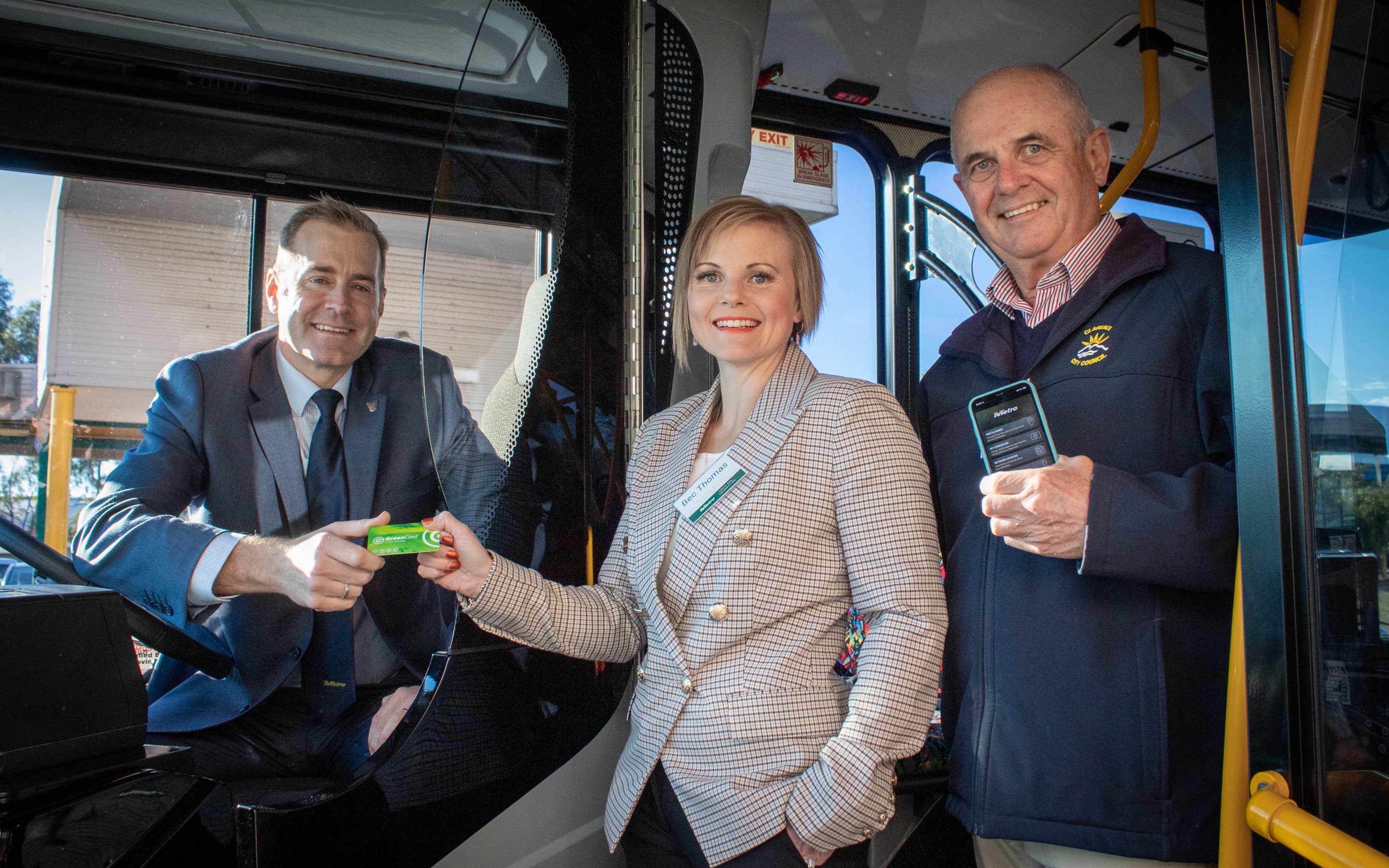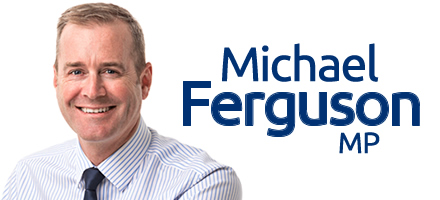The Tasmanian Liberal Government is modernising Tasmania’s public transport services to help bust traffic congestion and transform the public transport service.
This is why I’m so pleased to see Metro unveil its 100th locally manufactured, low emission, accessible bus, built by Tasmanians, driven by Tasmanians for the Tasmanian community.
We backed this in with $31 million in equity to assist with the purchase of the 100 new buses at a total cost of $45 million.
Importantly, the replacement program supported the modernisation of Metro’s bus fleet, provided new manufacturing jobs and a stronger advanced manufacturing sector in Tasmania.
This was made possible by a partnership between Bustech and Tasmanian company, Elphinstone, as their manufacturing partner. This resulted in 20 new direct advanced manufacturing jobs on the north west coast and more than 60 indirect jobs in Tasmania.
On top of this, there were around 12 additional Tasmanian businesses involved in the build supply chain.
The new fleet has the lowest emitting engines available with 94 per cent less nitrogen oxide and 96 per cent less particulate matter emissions than the buses they replaced. Metro estimates the program will reduce its carbon footprint by at least 20,000 tonnes of greenhouse gas equivalent over 20 years.
The new buses are more fuel efficient and require less maintenance. They are also more reliable which means fewer breakdowns, leading to less disruptions to passenger journeys.
Elphinstone recently won the contract to deliver 26 additional buses in Wynyard to further support local jobs.
As a Government we are very much looking forward to the next phase of fleet replacement along with Metro’s commitment to a modern ticketing solution providing real time data to customers on how far away their bus might be and the ability to pay by credit card, phone or wearable smart device.
In addition, Metro has been tasked with trialling zero emissions buses, either electric or hydrogen, in the next two years.
Our $81.5 million investment over four years into new buses and supporting infrastructure will secure Tasmania’s future and keep the economy moving.
This includes upgrading all-access and all-weather bus stops at priority locations. This will provide comfortable, modern shelters to protect commuters from the weather and enhance passenger experience, which will boost patronage and reduce traffic congestion.


